(CLO) The G20 Summit in Brazil issued a leaders' statement on Monday (November 18), calling for "action" to address many crises facing the world, such as armed conflicts, climate change and other major issues.
Despite the concerns, the 22-page, 85-point document also offered optimism about the economic outlook going forward. “We are living in a time of major geopolitical , socio-economic, climate and environmental challenges and crises that require urgent action,” the leaders said in a joint statement at the two-day summit.
“We see good prospects for a soft landing of the global economy , although challenges remain and some downside risks have increased amid heightened uncertainty.”
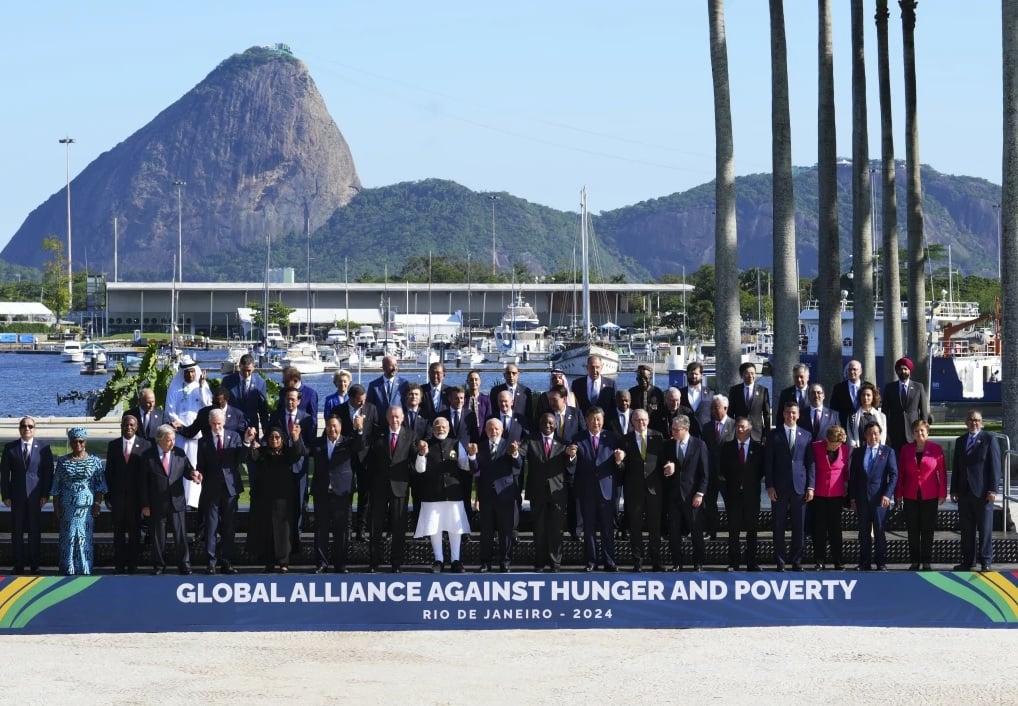
Leaders attending the G20 Summit in Rio de Janeiro, Brazil, pose for a group photo after launching the "Global Alliance to Fight Poverty" on November 18, 2024. Photo: AP
Inequality is 'at the root of most global challenges'
One of the most contentious issues, both at the G20 and at the Asia -Pacific Economic Cooperation (APEC) forum a few days earlier in Peru, which many leaders also attended, was how to shape the two wars currently raging in Ukraine and the Middle East.
While APEC has largely avoided the issue, citing its status as an economically focused, consensus-based organization, the G20 has condemned the use of military force. The G20 statement asserted that such force undermines the territorial integrity or political independence of any country.
“We highlight the growing human suffering and negative impacts of the war on global food and energy security, supply chains, macro-financial stability, inflation and growth,” the statement said of Ukraine, adding that any peace initiative was welcome.
This comes as President Joe Biden reportedly allowed Ukraine to launch US-made long-range missiles into Russian territory, a move condemned by Moscow.
On Gaza and Lebanon, the G20 statement called for a ceasefire, expanded humanitarian aid and a two-state solution "where Israel and a Palestinian state live side by side in peace within secure and recognised borders, in accordance with international law".
The leaders also stressed the need to address poverty and global warming, issues that Brazilian President Luiz Inacio Lula da Silva has prioritized over the past year.
The G20 remains the premier forum for international economic cooperation and therefore has an important responsibility in promoting a vibrant economy, the statement said.
That includes an acknowledgement that inequality is “at the root of most of the global challenges we face,” the statement said, adding: “The world requires not only urgent action, but also measures that are socially just, environmentally sustainable and economically viable.” Leaders pledged to promote strong, sustainable, balanced and inclusive growth.
Call for reform of international institutions
The leaders also called for comprehensive reform of international institutions at a time when voters around the world are increasingly turning against them, saying they have failed to adequately address global inequality.
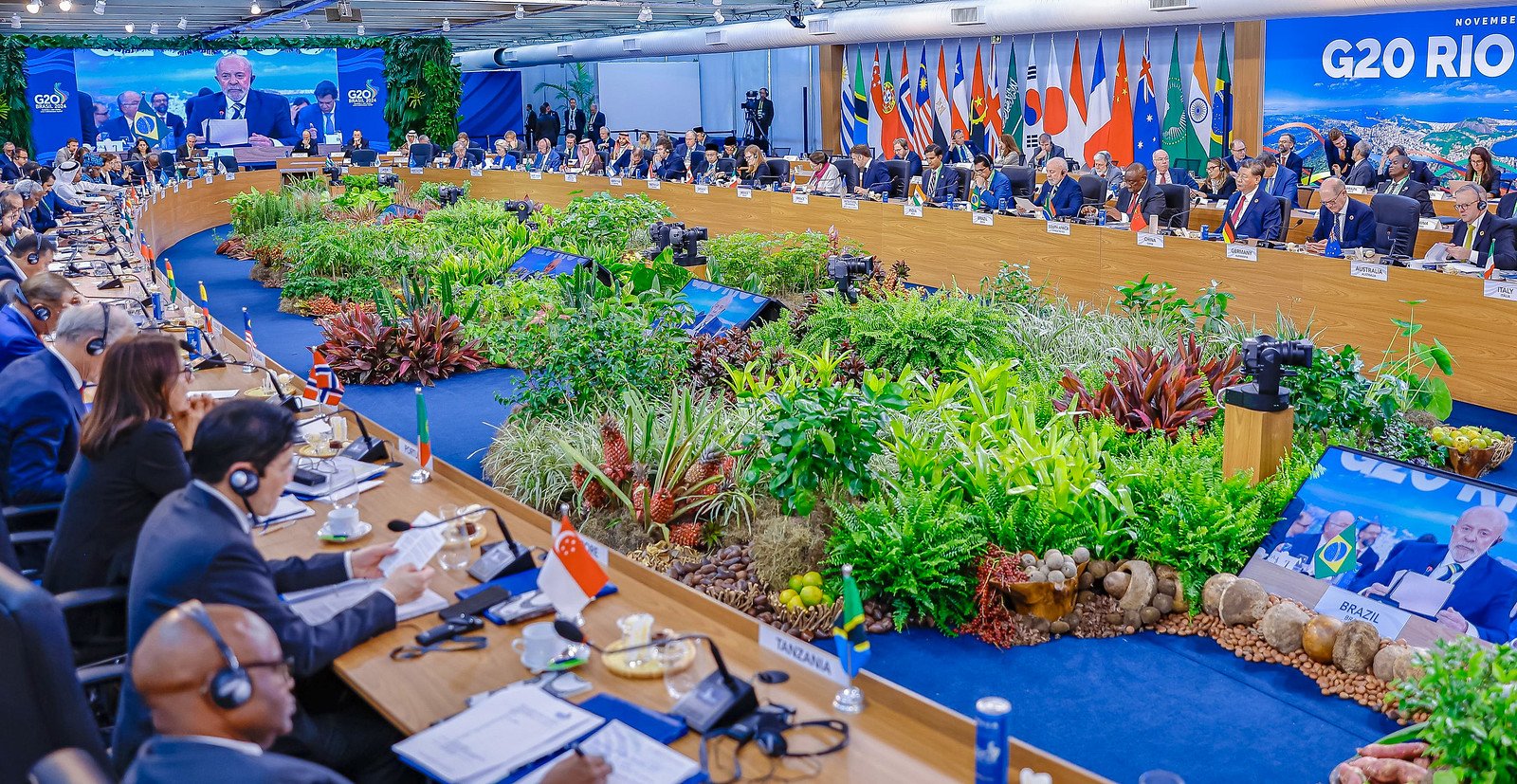
Scene of the 2nd Session of the G20 Leaders' Meeting with the theme "Reforming global governance institutions". Photo: G20 Rio
“There can be no sustainability or prosperity without peace,” the leaders said in advocating significant changes to global governance, particularly within the United Nations system.
Brazil, along with Germany, India, Japan and other major southern hemisphere countries, has long advocated for a seat on the UN Security Council. However, the chances of this happening soon are slim as the council's five permanent members - the UK, China, France, Russia and the US - remain reluctant to agree to new membership.
The G20 also supports reforms of major financial institutions, including the World Bank (WB) and the International Monetary Fund (IMF), calling for another seat on the IMF's executive board to expand representation for sub-Saharan Africa.
The statement went on to call for a revision of IMF quotas to give greater power to poorer countries. Established after World War II, the Washington-based IMF is heavily influenced by the United States and European countries.
On artificial intelligence (AI), G20 leaders acknowledged its potential while recognizing the risks involved. Monday’s statement highlighted concerns about AI in the workplace, with leaders agreeing to set guidelines for the rapidly developing field.
In his speech at the conference's Second Session, Chinese President Xi Jinping warned that artificial intelligence should not be a "game for rich countries and rich people," and called for enhanced international governance and cooperation on AI.
Finally, the statement of the leaders of the G20, a group of 20 of the world's most developed economies, emphasized in its conclusion: "We remain committed to supporting developing countries in responding to global crises and challenges."
Huy Hoang (according to G20 Rio, SCMP, AP)
Source: https://www.congluan.vn/hoi-nghi-g20-keu-goi-hanh-dong-giai-quyet-khung-hoang-ukraine-trung-dong-va-bien-doi-khi-hau-post321924.html





![[Photo] General Secretary To Lam attends the 80th Anniversary of the Cultural Sector's Traditional Day](https://vstatic.vietnam.vn/vietnam/resource/IMAGE/2025/8/23/7a88e6b58502490aa153adf8f0eec2b2)

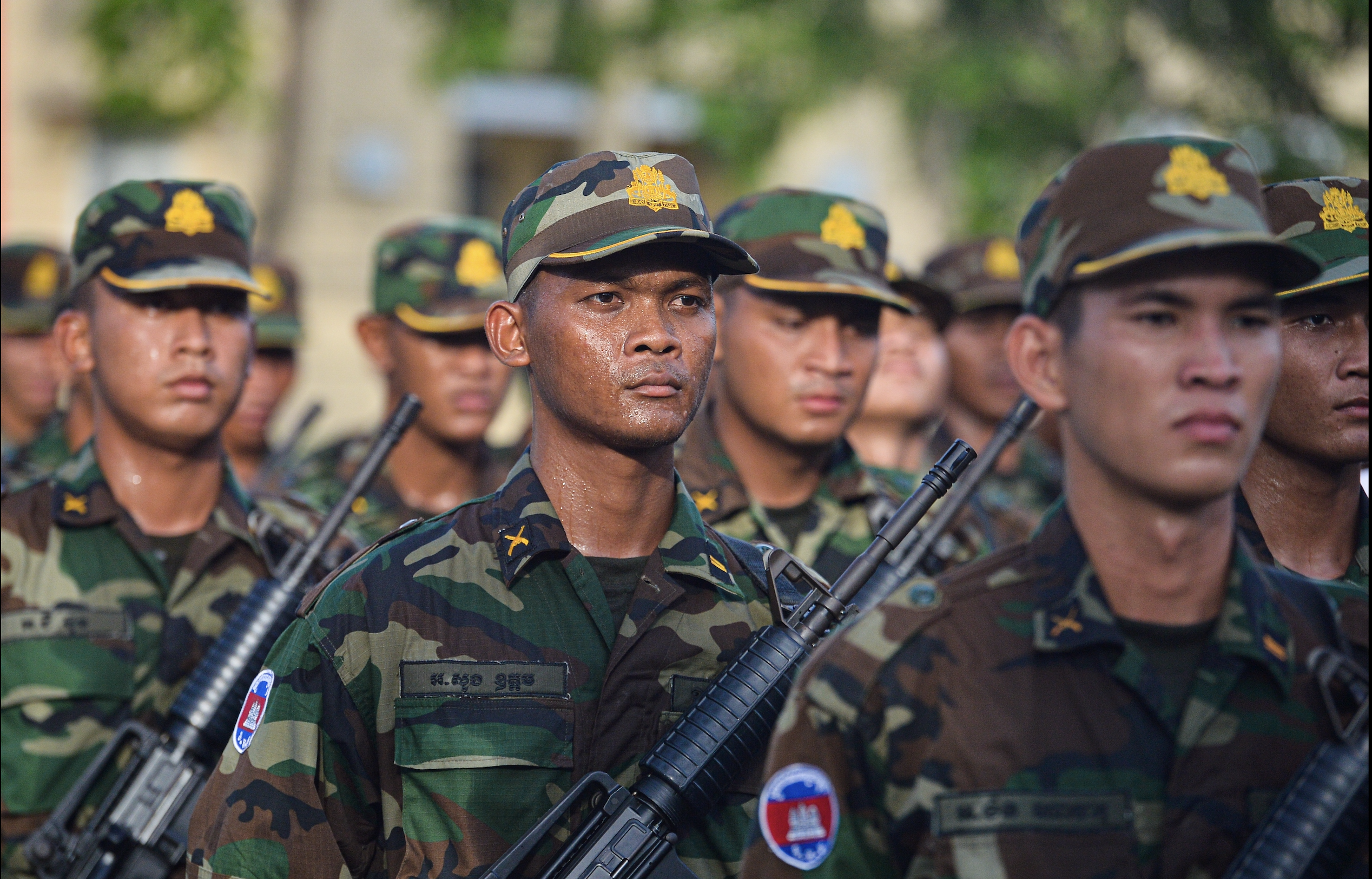

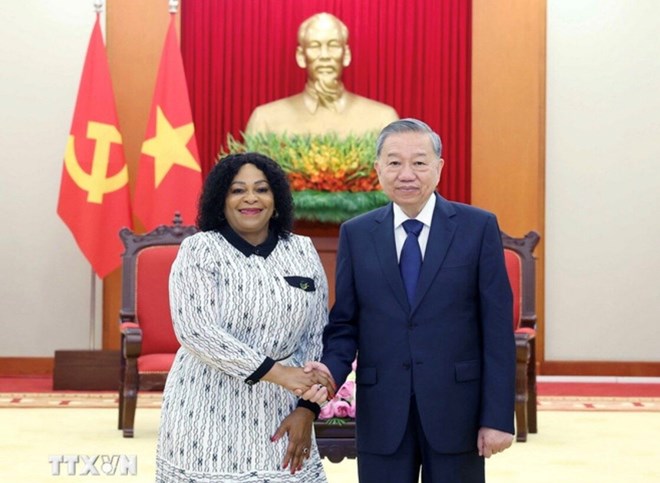

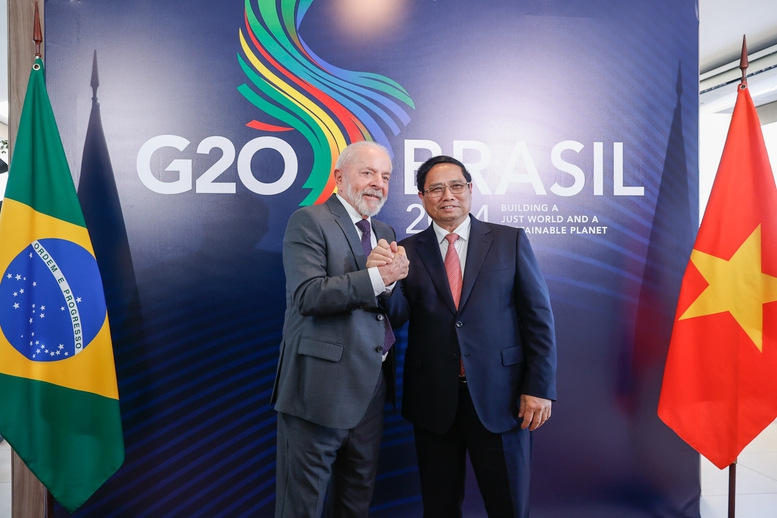

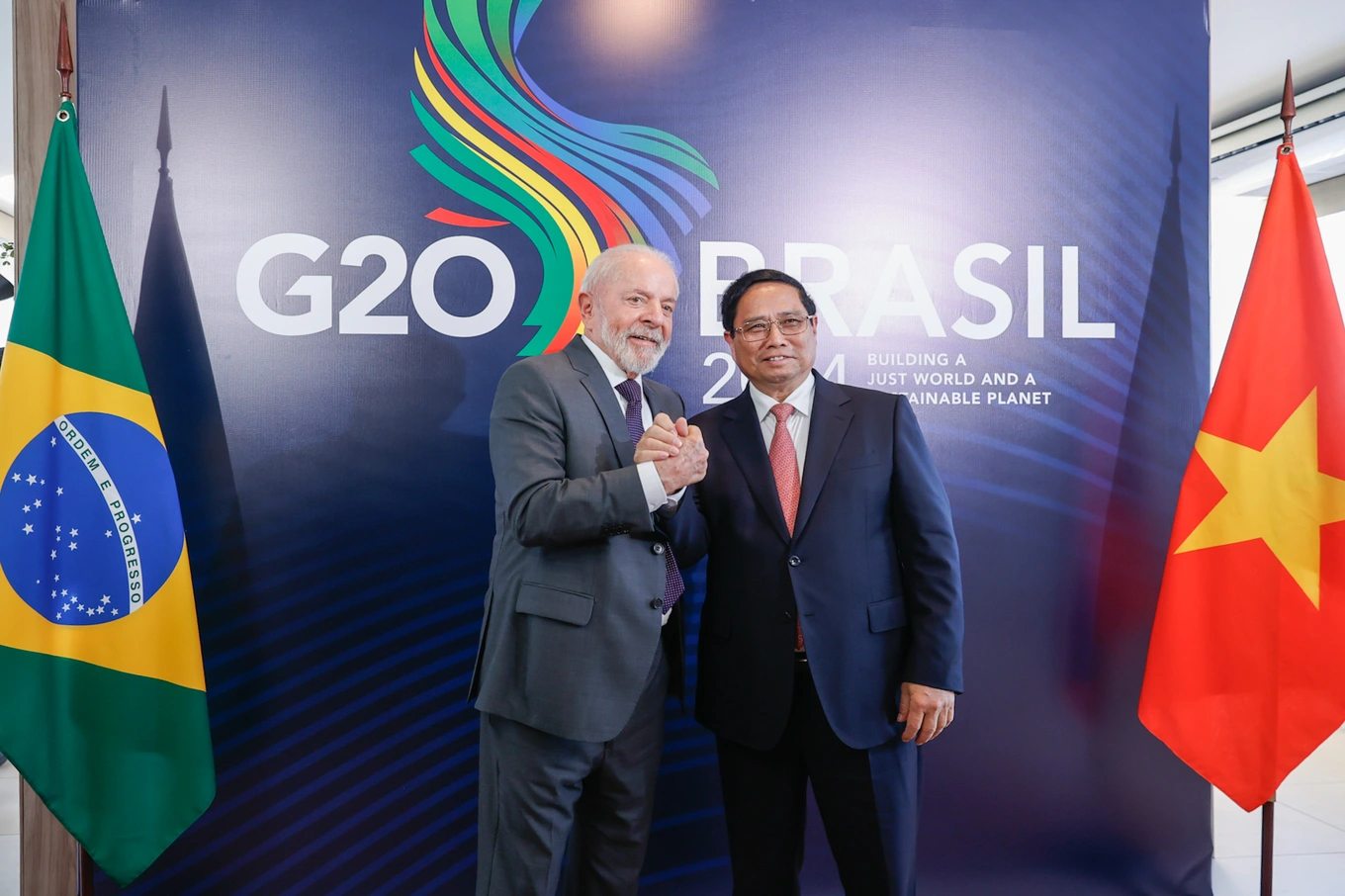

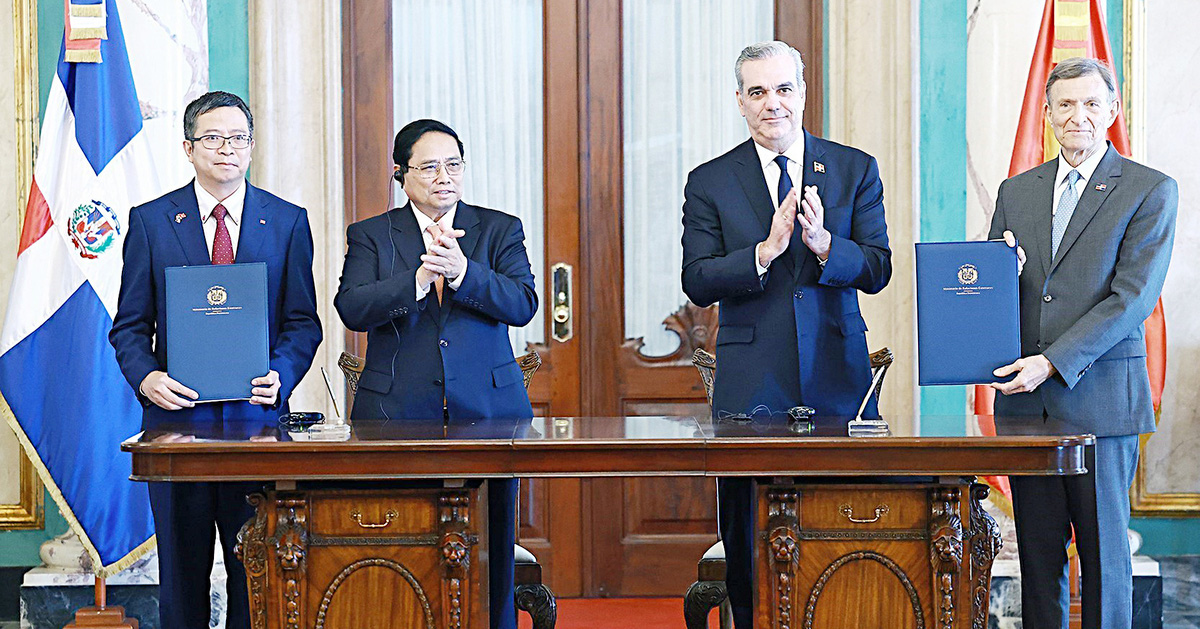

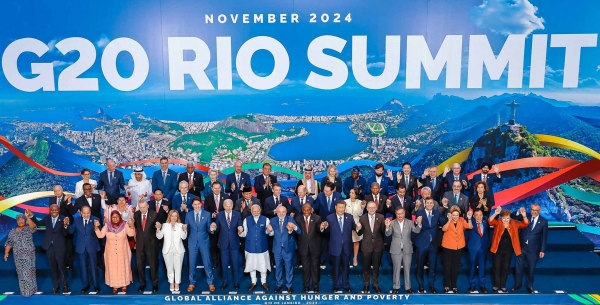

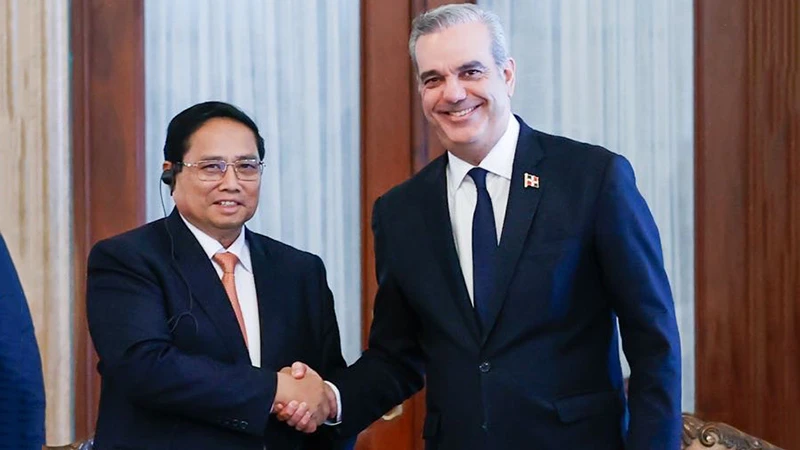





















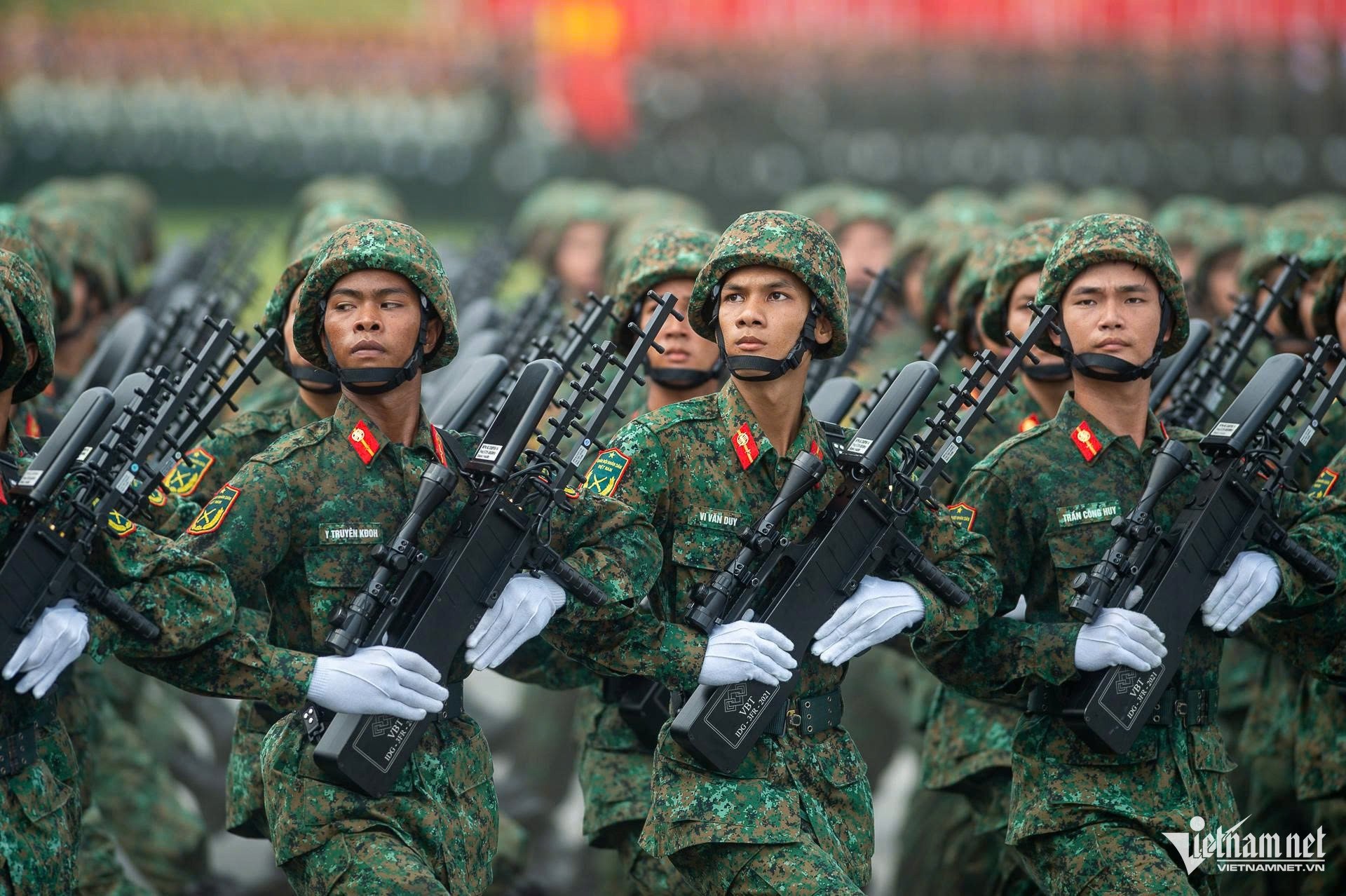





























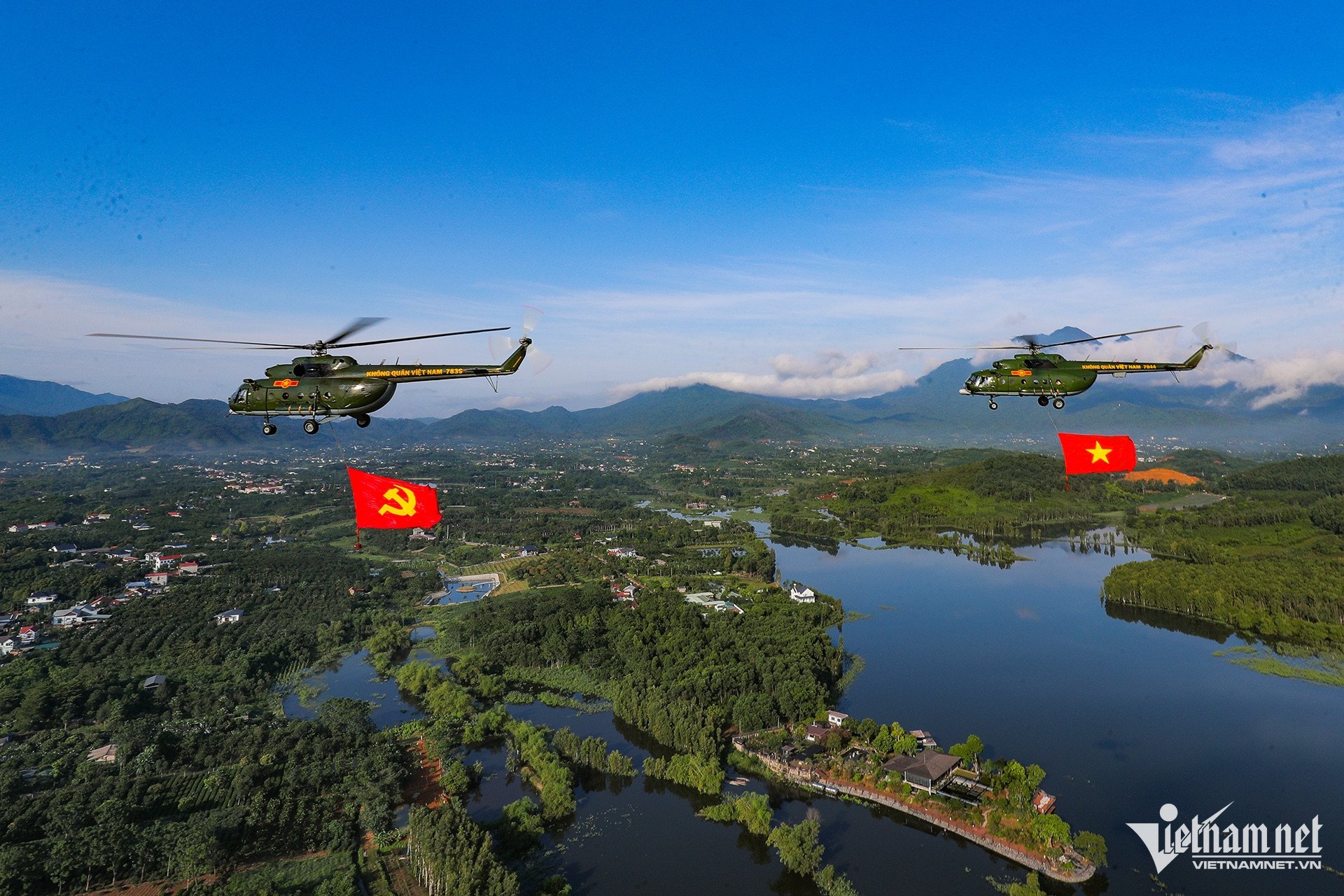
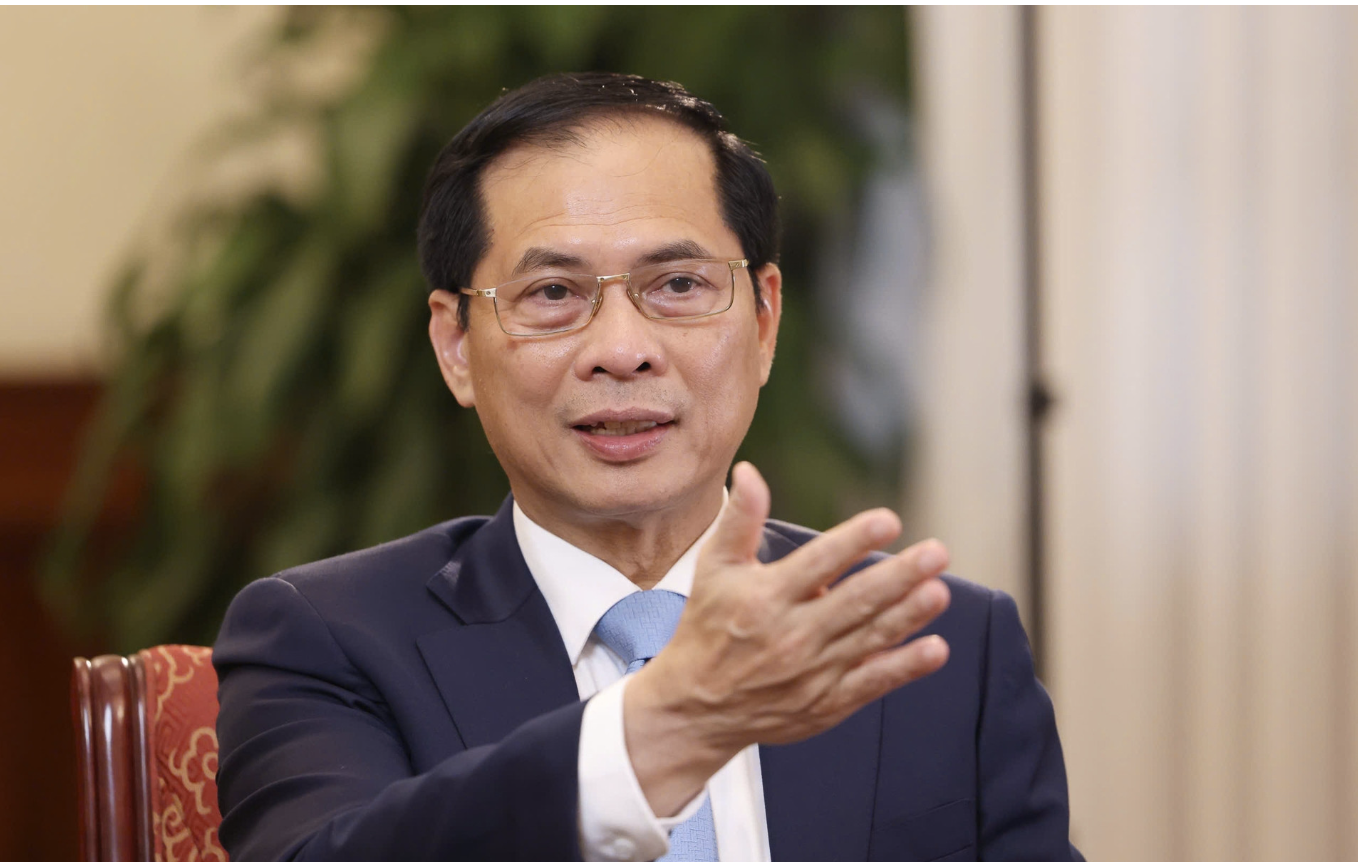

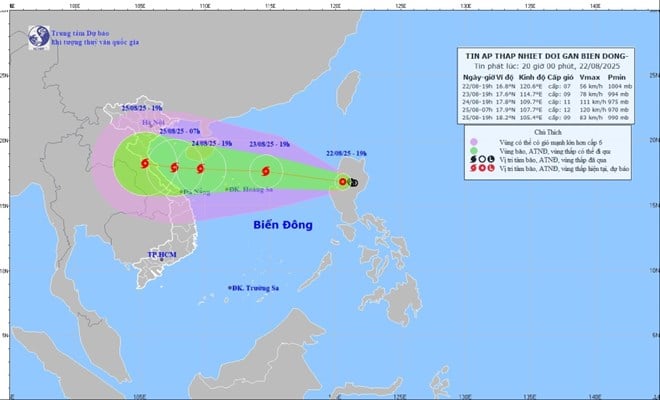




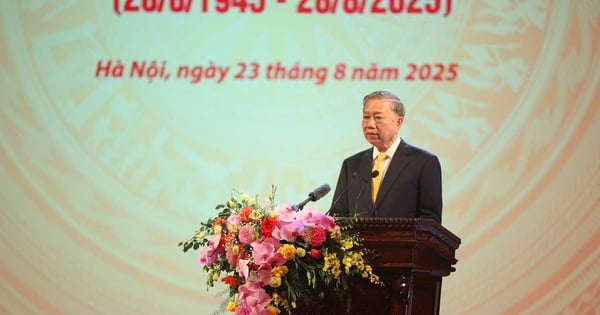
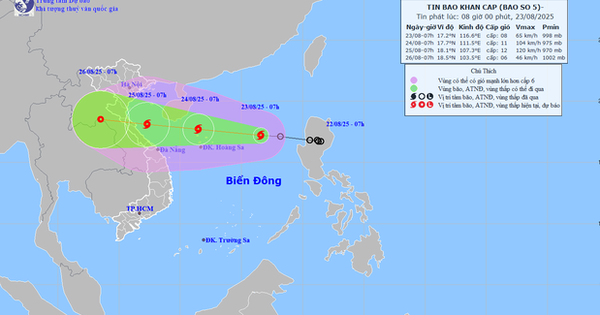
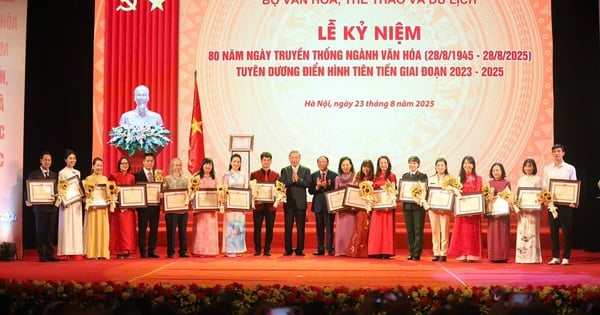
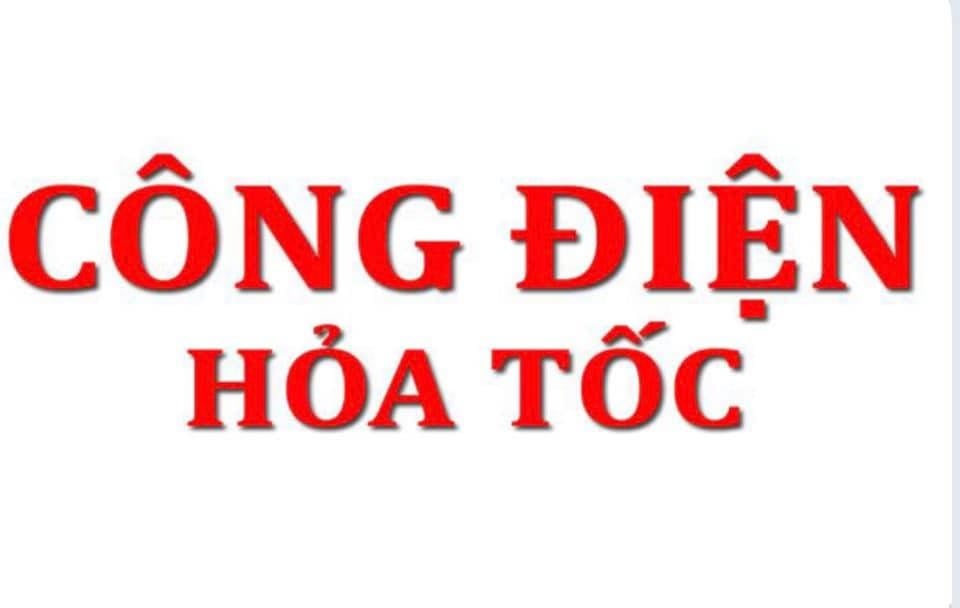

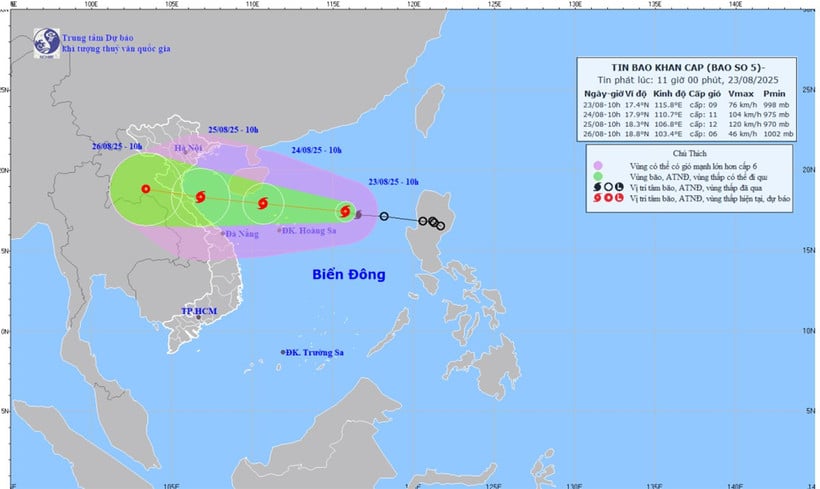

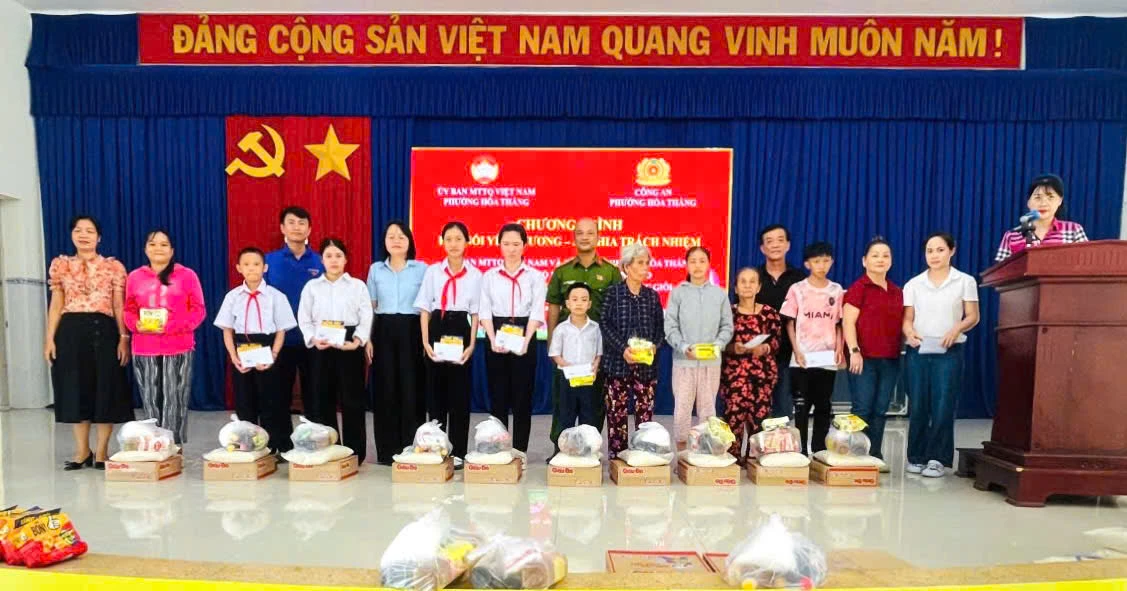

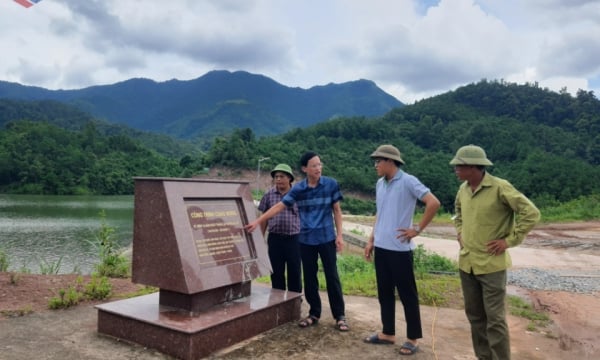

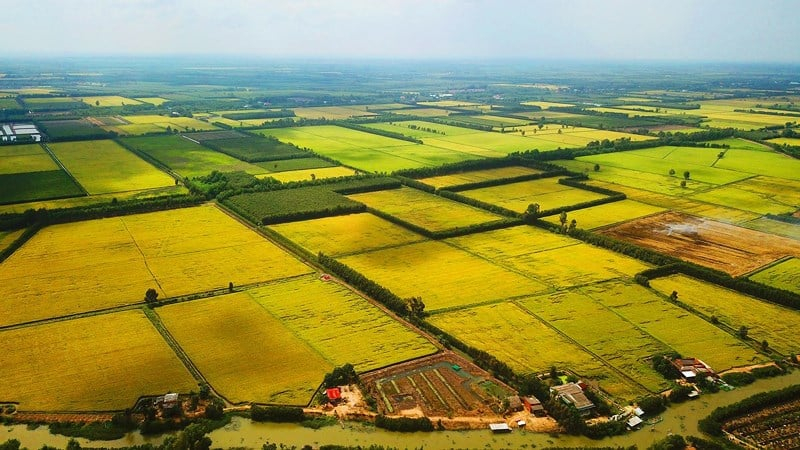

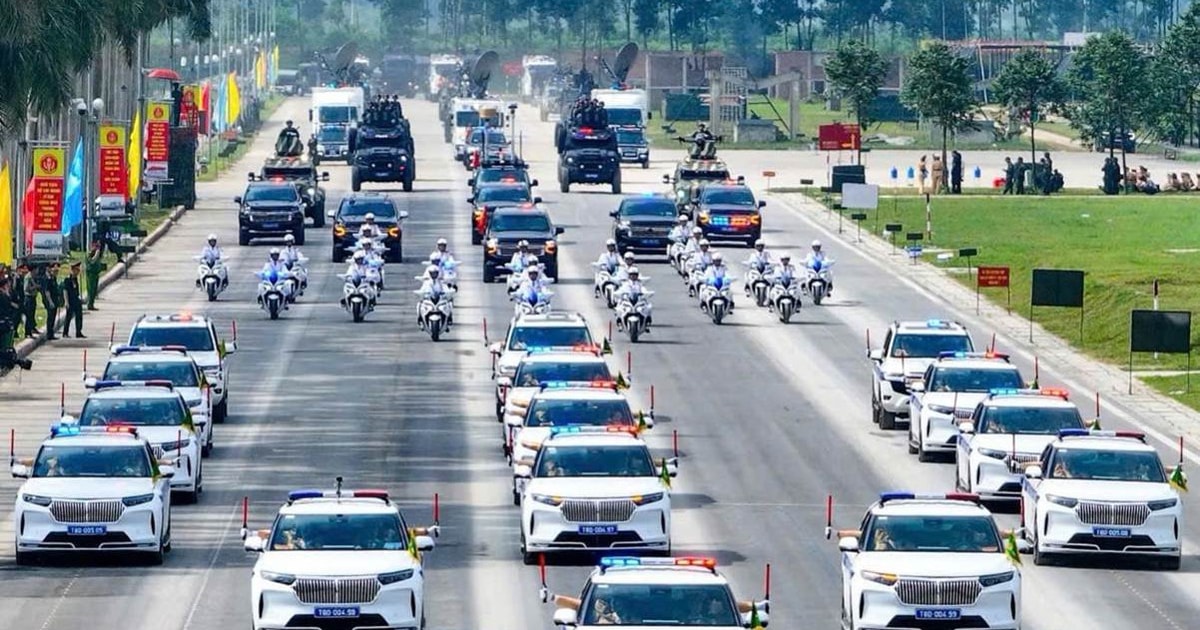

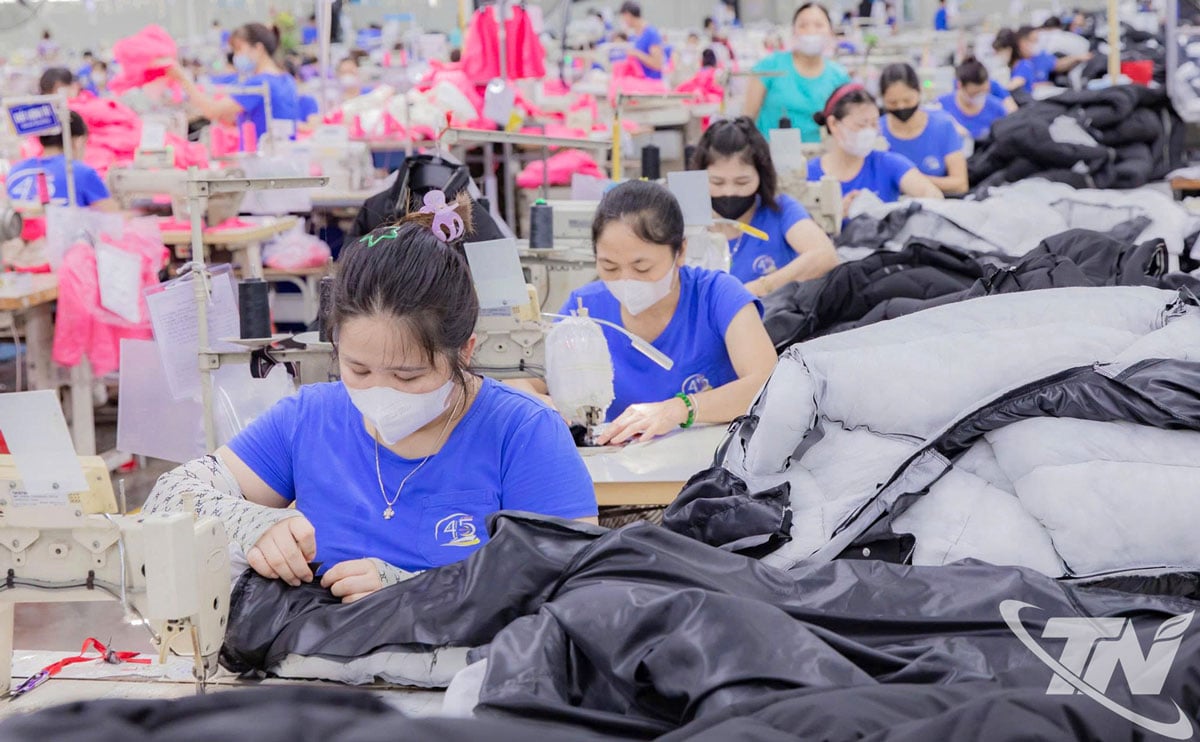
















Comment (0)